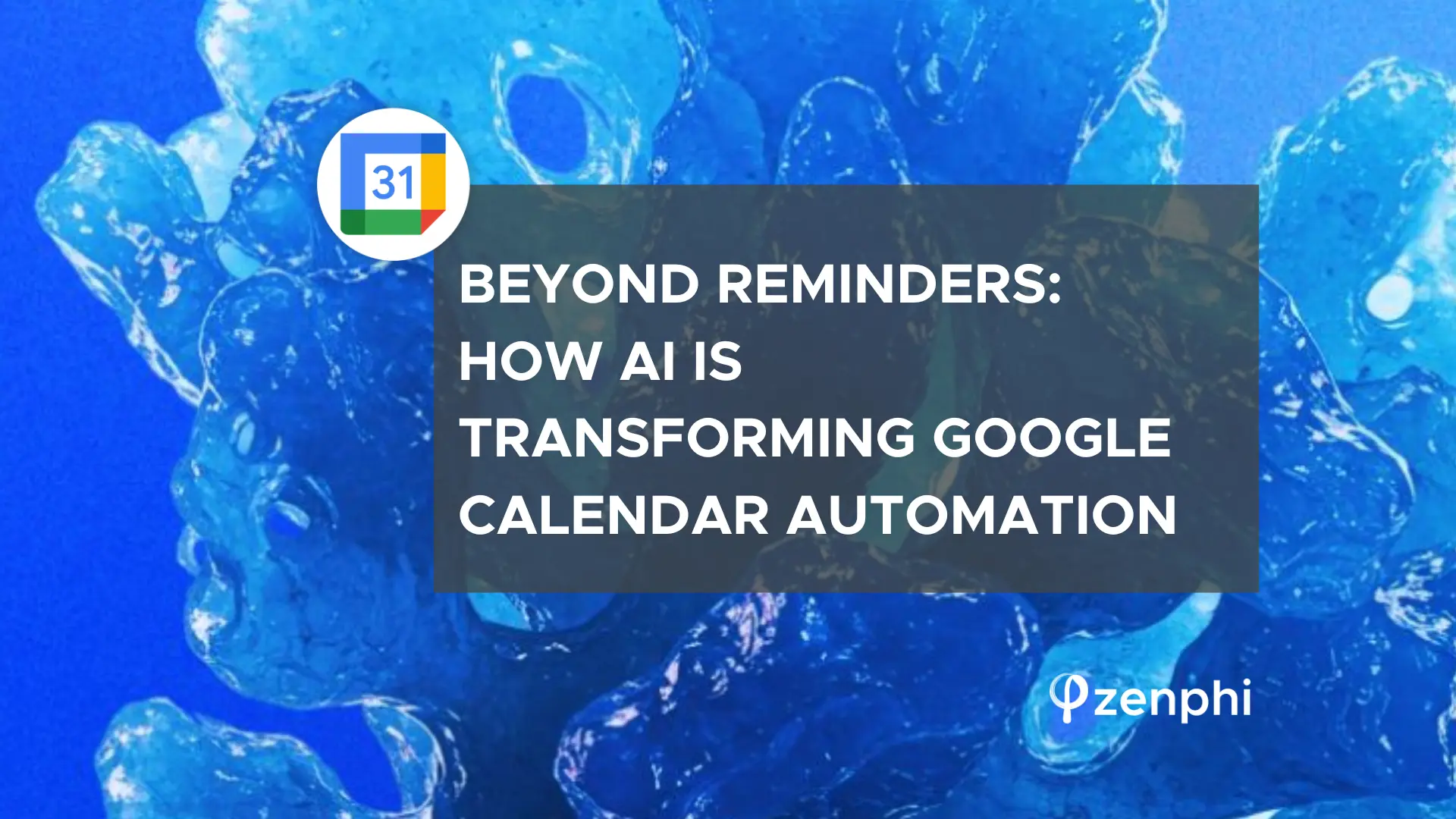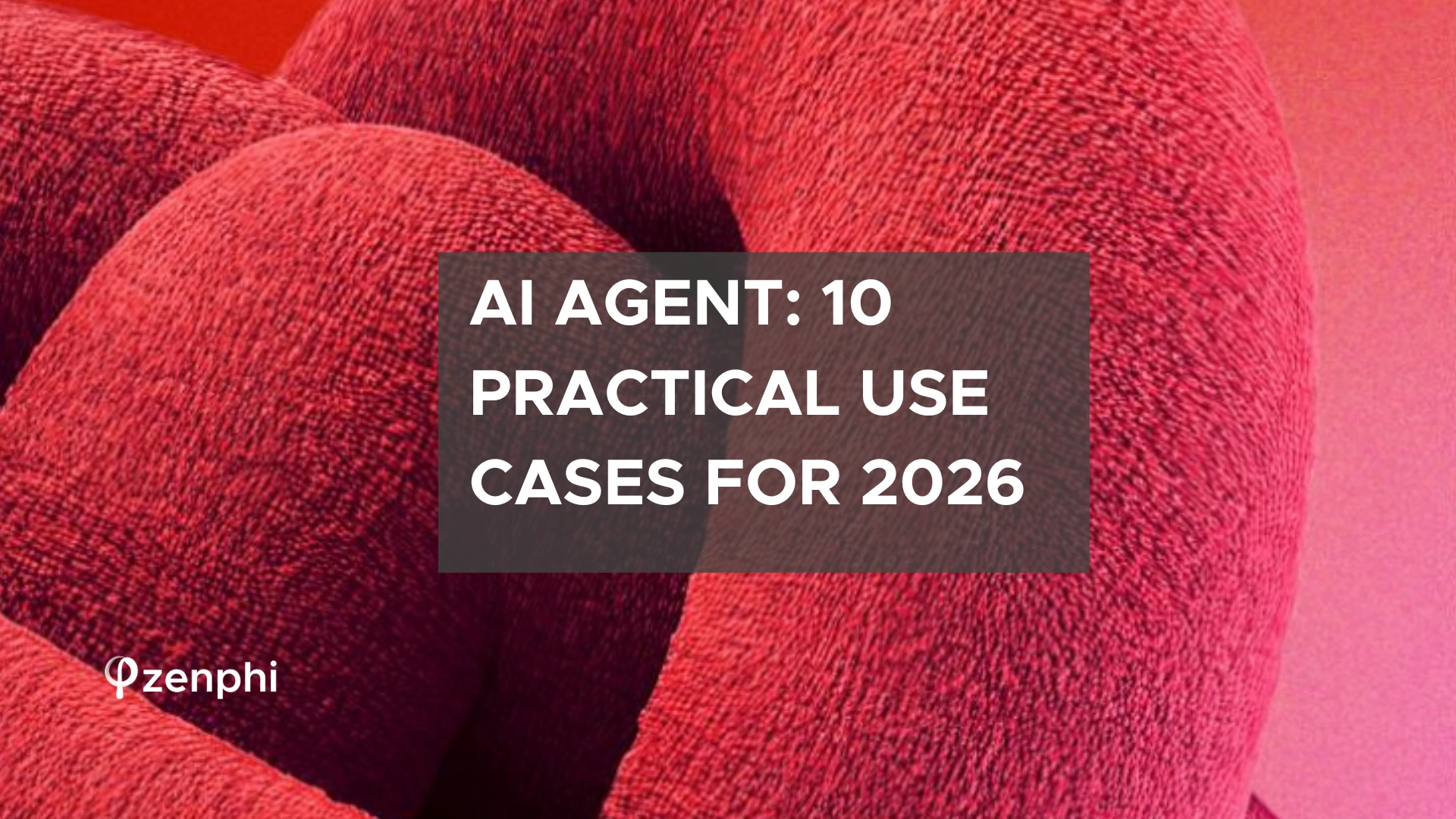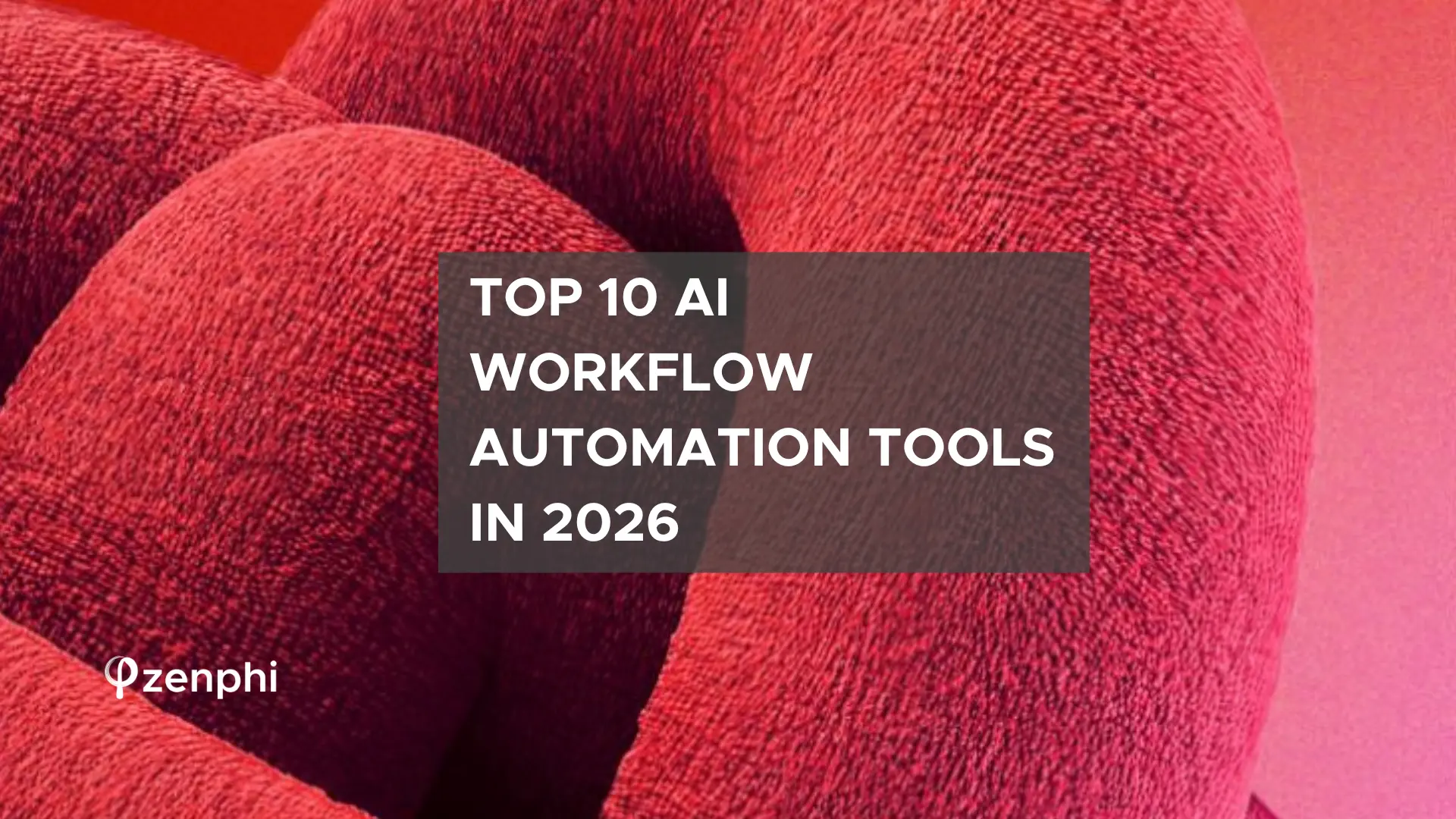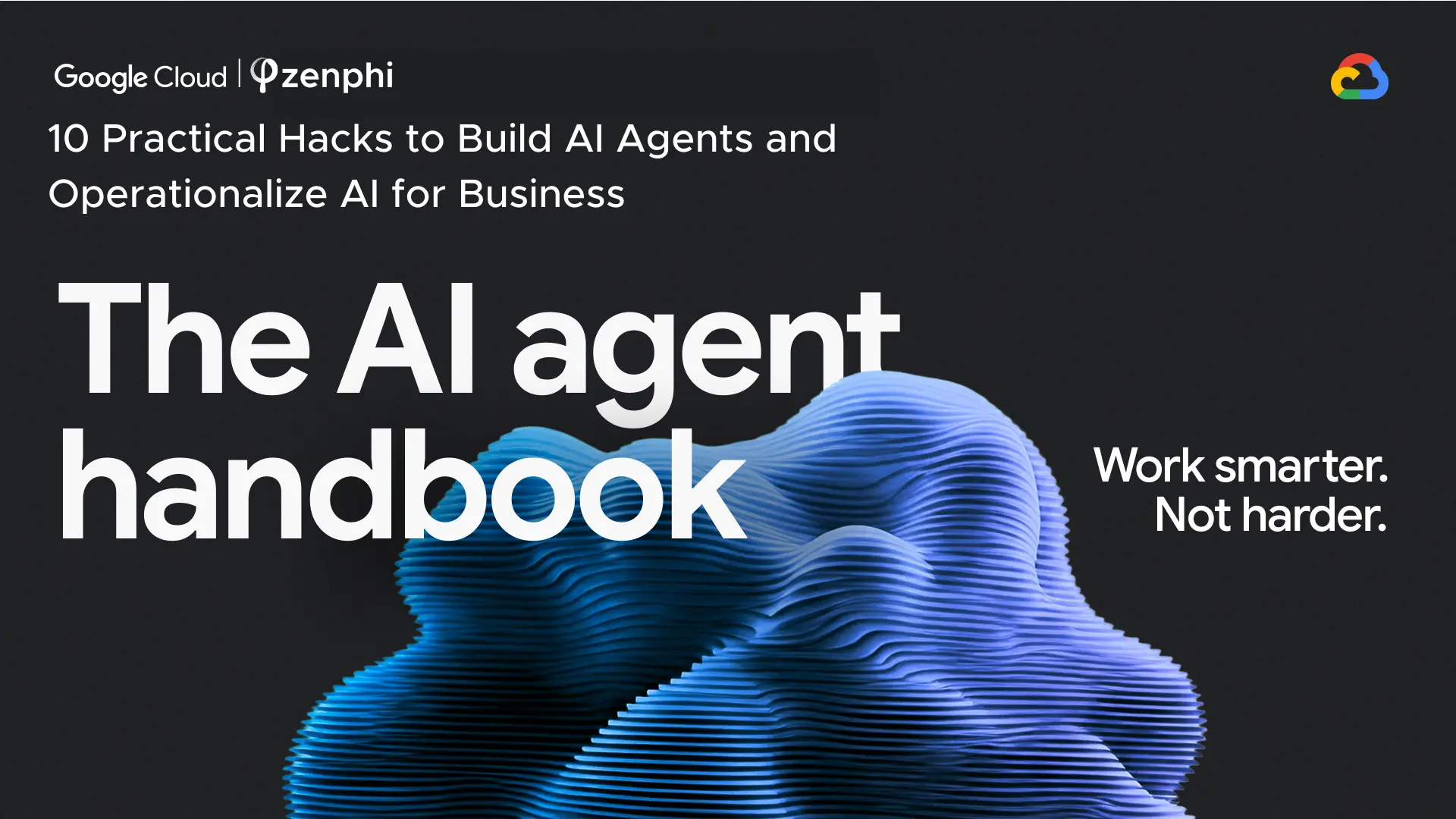Table of Contents
For years, Google Calendar has been one of the simplest and most universally adopted productivity tools.
It schedules, reminds, and syncs. But in 2026, its role will be evolving — fast.
As AI weaves deeper into daily business operations, Google Calendar is no longer just a digital planner. It’s becoming a command center for intelligent workflows, where meetings trigger actions, decisions, and data flows across the organization.
At Zenphi, after working with hundreds of teams across industries, we’re seeing a clear trend:
the future of scheduling is Google Calendar automation — not administration.
From Scheduling to Orchestration
For decades, Calendar has been static — you add an event, get a reminder, and move on.
AI is now unlocking the ability for Calendar to orchestrate what happens around those events.
Picture this:
- A “Customer Kickoff” meeting automatically generates onboarding tasks.
- A “Quarterly Review” event triggers an AI summary email with KPIs pulled from Sheets.
- A “Project Milestone” automatically updates a shared timeline and alerts stakeholders in Chat.
These are not future prototypes — these are real workflows being built today with AI-enabling platforms like Zenphi, directly integrated with Google Workspace.
AI Brings Context — and That’s the Game-Changer
Traditional automation works on triggers and actions: “If this, then that.”
AI adds context — understanding what an event means, not just what it says.
For example:
- AI can classify meeting types (“Client Demo,” “Internal Review,” “Vendor Call”) based on the event description.
- It can extract names, roles, or action items from meeting invites or summaries.
- It can route data intelligently — for instance, sending meeting transcripts only to attendees with the right access level.
This means your Google Calendar isn’t just connected — it’s aware.
Human-in-the-Loop: The Missing Piece of Intelligent Scheduling
Despite the hype, AI shouldn’t replace human judgment. In business operations, context often needs a final human review — especially in finance, HR, and compliance-heavy workflows.
The smartest automations blend AI’s speed with human oversight.
In Zenphi, teams build workflows that:
- Let AI draft decisions or summaries.
- Then route them for quick human approval before changes are applied to Calendar or shared dashboards.
It’s the perfect balance between efficiency and accountability — a model increasingly adopted by forward-thinking IT and operations teams.
Real-World Examples We’re Seeing
Across industries, AI-driven Calendar automations are reshaping how teams work:
-
Sales Teams
trigger follow-up tasks and AI-generated summaries from client meetings.
-
HR departments
automate interview scheduling and candidate follow-ups directly from Calendar invites.
-
Project managers
synchronize deadlines, events, and progress dashboards in real time.
-
Support teams
use event data to track SLAs and initiate post-incident reviews.
And with Zenphi’s ZAIA — AI Workflow Builder & automation assistant, these workflows don’t require technical skills — just describe what you need, and ZAIA drafts the framework automatically.
Why Google Flow Won’t Be Enough
Google’s introduction of Google Flow is a big step toward simplifying automation inside Workspace.
But when it comes to context-aware, multi-step workflows, Flow’s simplicity becomes a limitation.
While Google Flows handle basic triggers (“when an event is created, send a message”), it can’t:
- Understand context or intent behind an event.
- Integrate with external systems or AI services dynamically.
- Provide audit trails, approvals, or compliance management.
That’s why Google Partners and enterprise teams continue to rely on Zenphi to automate Google Calendar and extend what Google Flow starts — embedding AI, logic, and compliance where it matters.
The New Role of AI: Decision Support, Not Just Data Movement
In 2026, automation won’t just about saving time — it’s about improving decision quality.
AI-infused Google Calendar workflows allow organizations to:
- Anticipate bottlenecks before they happen.
- Surface patterns in scheduling behavior.
- Recommend optimal meeting times or follow-up actions based on historical outcomes.
Imagine your Calendar not just reminding you what to do — but why it matters.
The next era of Google Calendar automation is about orchestration, not organization.
AI gives Google Calendar workflows context, intelligence, and adaptability — transforming them from reminders into strategic tools.
And while native solutions like Google Flow are making automation accessible, platforms like Zenphi are where organizations turn when they need depth, control, and real AI-driven intelligence inside Google Workspace.
If your team is ready to move beyond reminders and build AI-powered workflows around Google Calendar, now’s the time to explore what’s possible.




